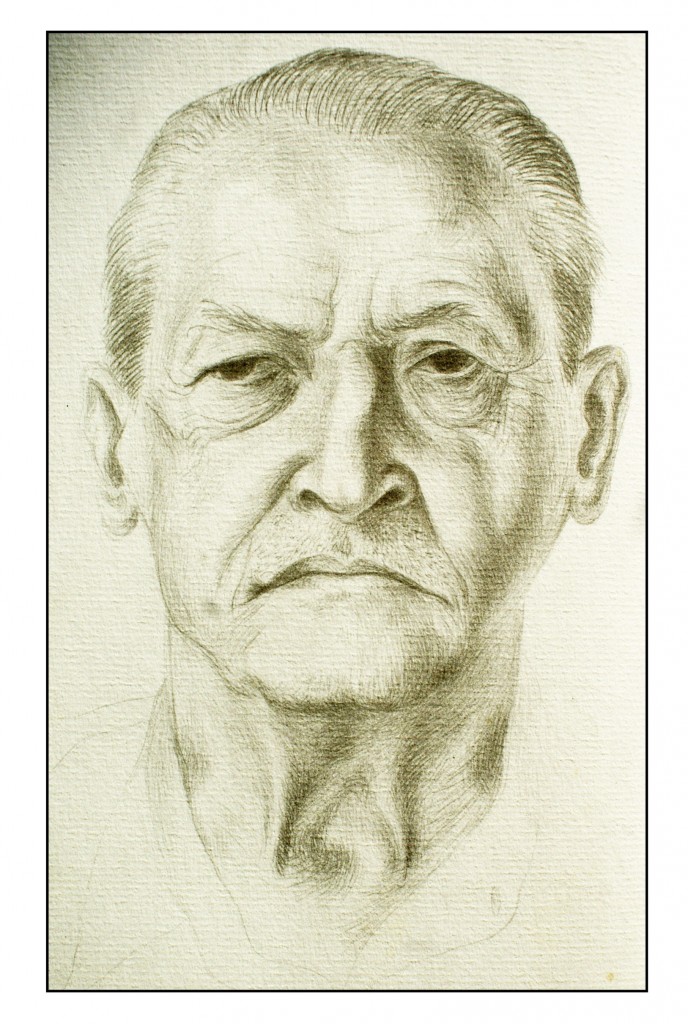Somerset Maugham’s last play Sheppey (1933/1997) tells the story of a barber Joseph Miller, who was nicknamed Sheppey after his birthplace in Kent. Sheppey wins one of the Irish Sweepstakes prizes and decides to use the money to help the poor. He is quickly considered crazy. His doctor states:
It’s quite obvious that a sane man is not going to give all his money away to the poor. A sane man takes money away from the poor … The normal man is selfish, grasping, destructive, vain and sensual. What is generally termed morality is forced upon him by the herd, and the obligation that he is under to repress his natural instincts is undoubtedly the cause of many of the disorders of the mind.
The idea of the play hearkens back to one of Maugham’s early short stories, A Bad Example, published in 1899. Neither the story nor the play were very successful. However, one brief speech from the play has become one of the most renowned texts of 20th Century literature.
At the end of the play, Sheppey is visited by Death in female form. She will take him away before he is certified insane. Sheppey wonders whether he should have fulfilled one of his dreams and gone to a cottage on the Isle of Sheppey in Kent. Perhaps Death would not have thought of looking for him there. Death tells him it would not have mattered.
There was a merchant in Baghdad who sent his servant to market to buy provisions and in a little while the servant came back, white and trembling, and said, Master, just now when I was in the marketplace I was jostled by a woman in the crowd and when I turned I saw it was Death that jostled me. She looked at me and made a threatening gesture; now, lend me your horse, and I will ride away from this city and avoid my fate. I will go to Samarra and there Death will not find me. The merchant lent him his horse, and the servant mounted it, and he dug his spurs in its flanks and as fast as the horse could gallop he went. Then the merchant went down to the market-place and he saw me standing in the crowd and he came to me and said, Why did you make a threatening gesture to my servant when you saw him this morning? That was not a threatening gesture, I said, it was only a start of surprise. I was astonished to see him in Baghdad, for I had an appointment with him tonight in Samarra.



